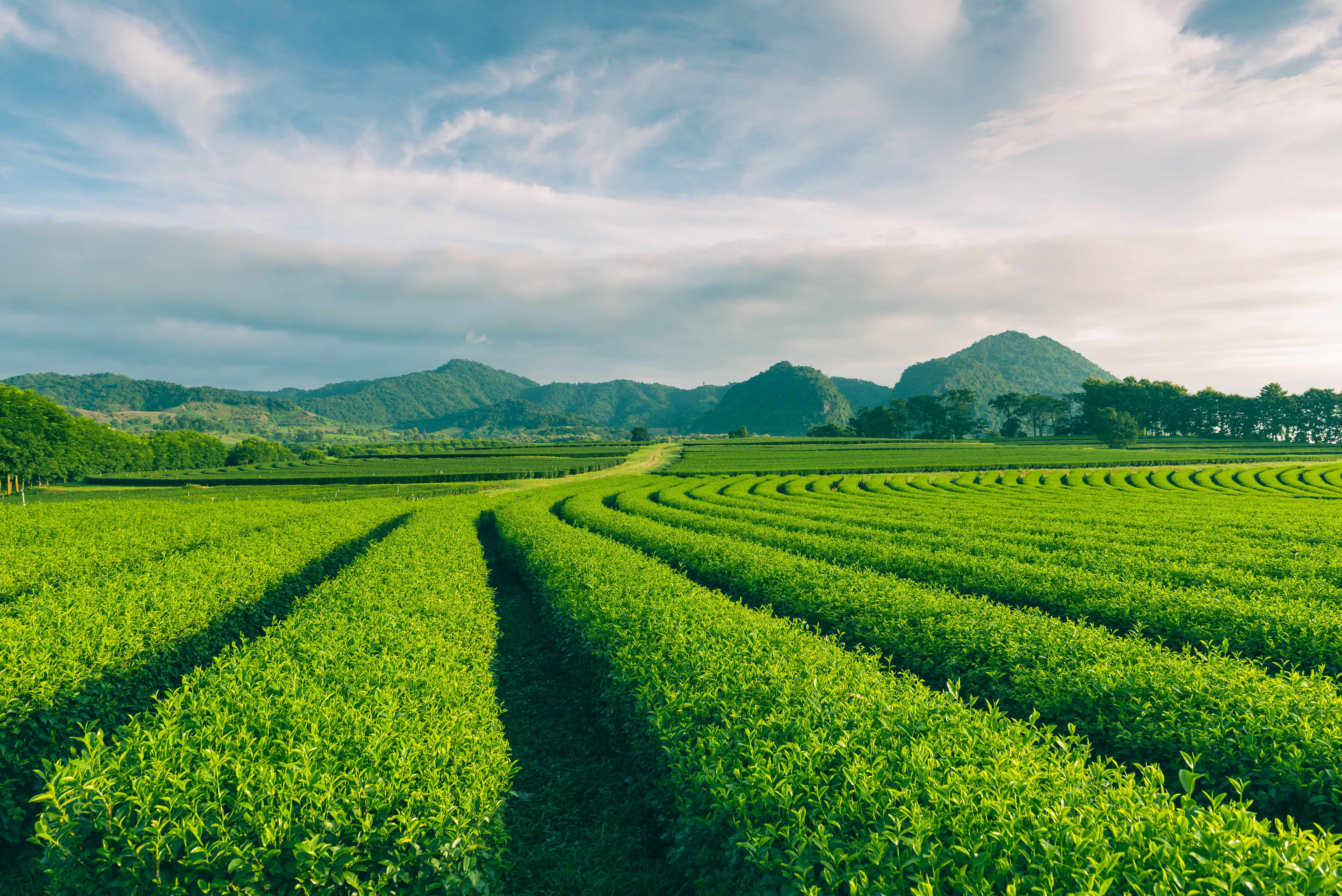Spotlight on the food and beverage industry in Myanmar
Myanmar it the largest country on the South East Asian mainland and covers an areas of over 670,000 square kilometres. 53 million people live in Myanmar and although the country has a lower-middle income economy, it has enjoyed strong economic growth over the last ten years. As a result, poverty in Myanmar has significantly reduced from 48% to 25% of the population.
So, what’s the picture for Myanmar’s food and beverages sector? Thanks to the emergence of a number of new companies established by both locals and foreign investors, new sections of the country’s food processing and manufacturing industries are thriving. Over 60% of all registered companies in Myanmar are active within the food and beverages sector, with a further 25,000 SMEs adding to the picture.
Myanmar’s food and beverage industry sector by sector
In line with many other South East Asian Countries, Myanmar’s population enjoys consuming a wide variety of bakery goods and snack products. Both international and local brands are popular, with the fastest growing being Keenji Land, Wasuka, Nabati Myanmar and Gery Myanmar amongst others.
Myanmar’s Central Dry Zone is the centre of the country’s edible oil production industry; most of the mills operate in this area with some in urban locations and others in more remote, rural areas. Groundnut is the most important crop to be processed, whilst sesame is mostly milled in rural production facilities. The majority of Myanmar’s edible oil output is exported, and because the domestic mill sector accounts for just a small share of production, the volume of sesame and groundnut processed by these mills is decreasing. This has resulted in a concentrated market among Myanmar’s domestic millers. In addition, another difference between rural and urban mills is that the bigger facilities are able to earn additional income by increasing the value of purchased oilseeds, whilst the smaller mills provide their custom milling services free of charge to farmers.
Lack of export opportunities is currently the main obstacle preventing further development in Myanmar’s edible oil production sector. The majority of edible oil produced in the country is sold locally and production facilities are using outdated equipment. As such, these two issues are preventing the sector from increasing their productivity and competitiveness in foreign markets. It is clear that this sector is ripe for improvement, dependent on a recruitment drive in the food and beverage industry in Myanmar.
At present, the average consumption of processed meat per capita is just 1.1kg. However, this sector is expected to grow markedly over the next five years, with estimates of 5.8% annual growth up to 2025. However, Myanmar’s fresh meat sector is much larger at 3.9kg per capita per annum.
Myanmar’s soft drinks sector is thriving, the main categories being carbonated drinks and juices. As you might expect, multinationals such as Coca-Cola and Pepsi dominate the sector, but despite this the number of smaller local producers in the country is growing steadily. It’s worth noting that the greatest potential for growth is linked to the energy drinks sector; growth which is likely to continue to increase as younger people move away from traditional consumer preferences.
Although milk and dairy products haven’t always been part of most of the population of Myanmar’s diet, as consumer purchasing power develops, the consumption of milk products and milk has increased. A wide range of dairy products are now available to buy in supermarkets including cheese, yoghurt, butter and condensed milk. Local production is only just getting off the ground but small-scale manufacturers are already seeing the potential this market has to offer. Again, this is likely to another area looking to increase food and beverage recruitment in Myanmar.
Recruiting for the transformation of Myanmar’s food and beverage industry
Despite the fact that the food and beverage industry is the largest in Myanmar, accounting for around 60% of business, there is a definite need for cleaner production and increased sustainability. A number of projects are underway to address these problems, including initiatives to improve energy efficiency and the management of wastewater discharge, for example.
A further problem which could, potentially, jeopardise growth in e-commerce sales of food and beverages is the facilitation of the fast delivery of perishable goods and a reduction in the cost of flexible, fast delivery services. Issues such as these continue to keep entry barriers to the market high, meaning that only the very largest players such as Amazon, for example, have the revenues to lead Myanmar’s e-commerce food and beverages market.Therefore it is clear that this sector is yet another which calls out for the recruitment of talented individuals with expertise in areas such as supply chain management.
At Peak Recruit we offer a range of opportunities amongst many of Myanmar’s growing food and beverages companies. Our recruitment expertise covers everything from supply chain management and animal agribusiness, through to plant nutrition and agri-commodities trading.

